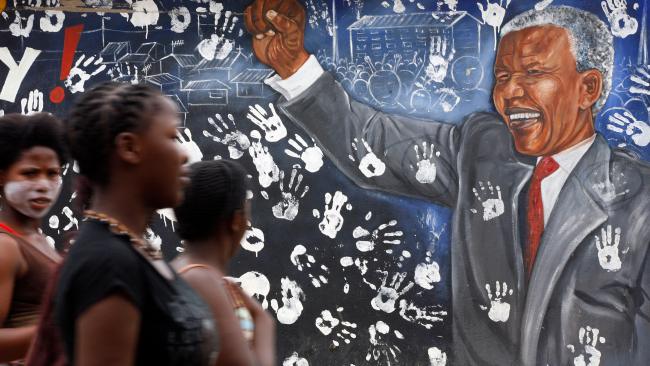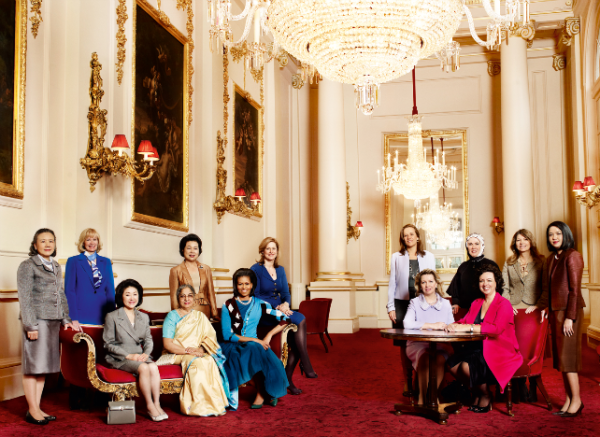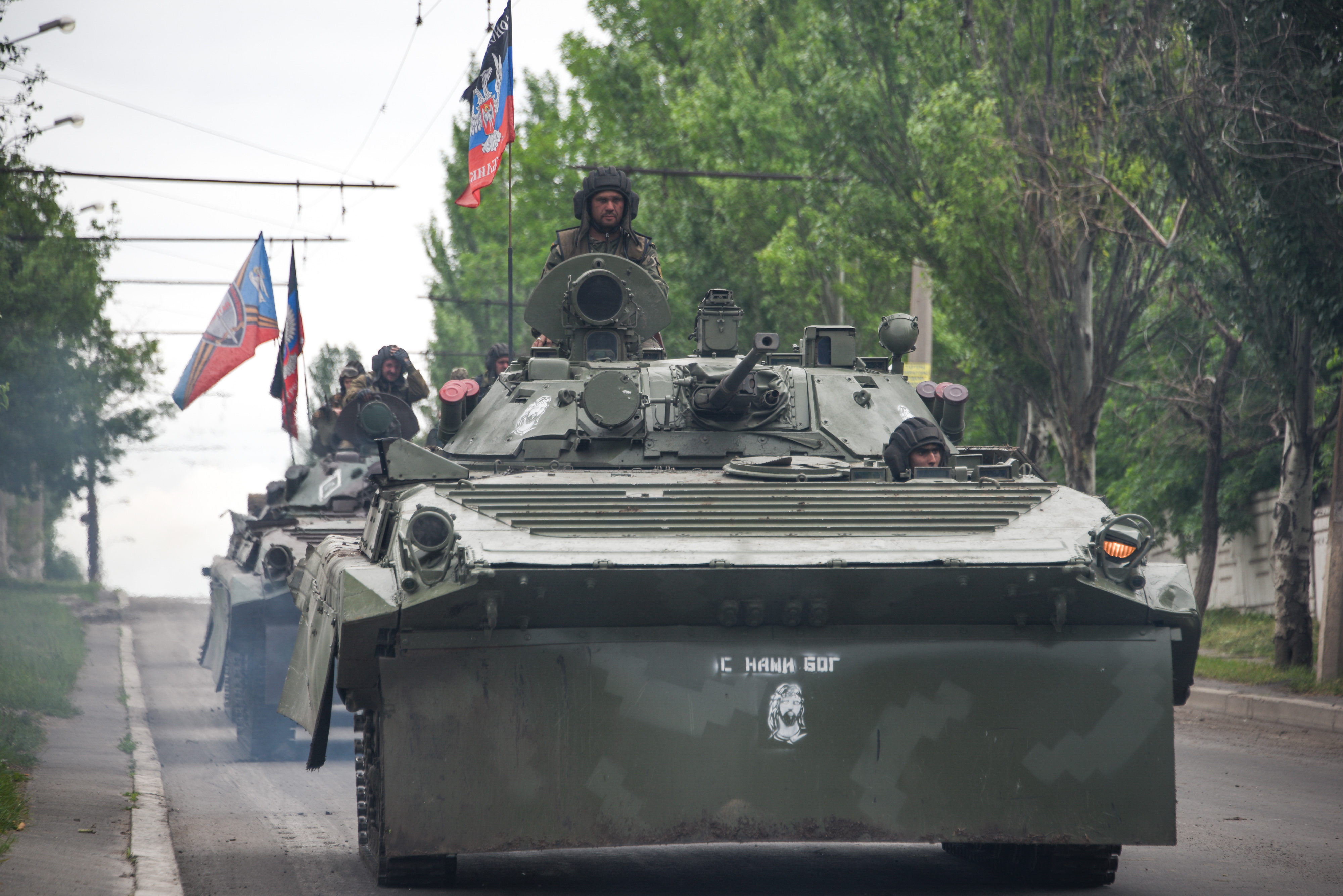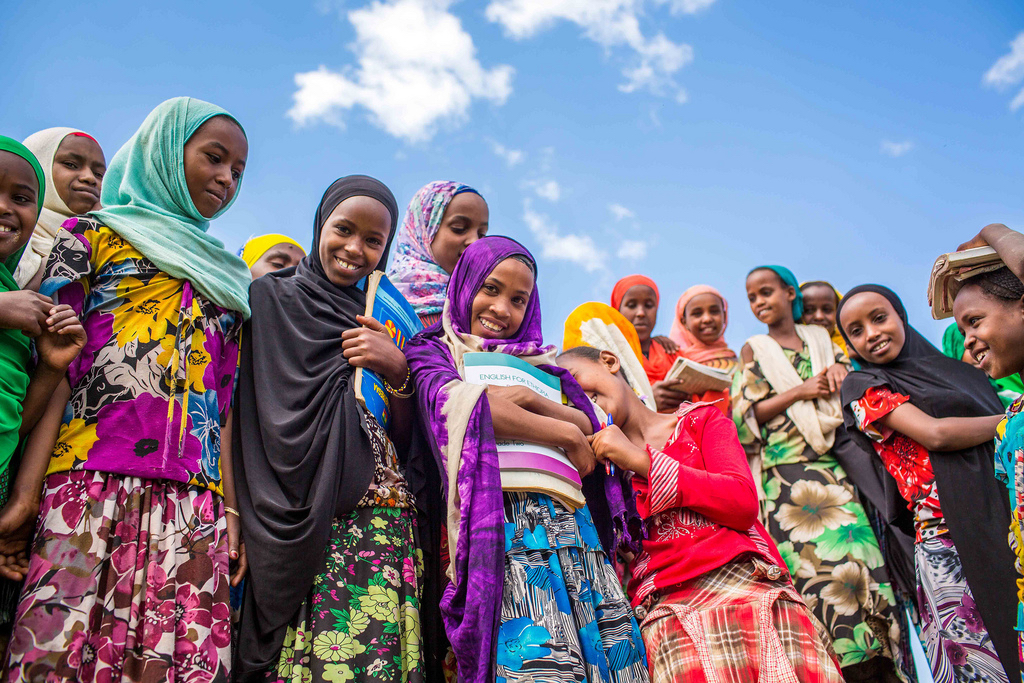On December 5 2013, the world lost an incomparable political figure, Nelson Mandela. The first democratically elected Black African president of South Africa, Mandela will be best remembered for his fight and victories against the apartheid regime. In addition to his heroic activism during the minority rule over South Africa, Mandela took great strides in lobbying for women’s rights.
[captionpix align=”left” theme=”elegant” width=”250″ imgsrc=”http://natoassociation.ca/wp-content/uploads/2013/12/131205190943-five-lives-nelson-mandela-orig-00010528-story-top.jpg” captiontext=””]
A Short History of Nelson Mandela
Nelson Mandela protested against the apartheid regime in South Africa. The regime institutionalized racial segregation developed after World War II by the National Party, which basically curtailed the rights of black people. During his time at the University of College of Fort Hare, Mandela participated in student-led protests against the food and living conditions in Fort Hare. He did not complete his degree and left for Johannesburg in 1941, where he became increasingly politicized. In 1944 he helped form the ANC Youth League. In 1952 Mandela was banned from South Africa for the first time.
On December 5 1955, he was arrested during a countrywide police swoop of 156 activists on, and these actions resulted in the 1956 Treason Trial. Nelson Mandela spent the next few years in prison after his attempts to undermine the apartheid regime. By 1991, he was elected as ANC President and in 1993, he and President FW de Klerk jointly won the Nobel Peace Prize. On May 10 1994, Nelson Mandela was inaugurated as South Africa’s first democratically elected President.
Mandela’s First Call to Women
On August 9 1995, a year after Nelson Mandela’s presidency, South Africa had its first National Women’s Day. On that day, Nelson Mandela said: “As a tribute to the legions of women who navigated the path of fighting for justice before us, we ought to imprint in the supreme law of the land, firm principles upholding the rights of women. The women themselves and the whole of society, must make this a prime responsibility…Together, we have it in our power to change South Africa for the better.” Mandela believed that women were an integral component of the South African community. He recognized that the freedom and rights of women were crucial for the development and progress of equality. The political constitution developed by Mandela ensured South African women’s rights in terms of “bodily and psychological integrity,” the right to “make decisions concerning reproduction,” and “security in and control over their body.” The constitution also protected women from discrimination, rape, and domestic violence. While implementation of these doctrines proved difficult in substantive terms, Mandela’s political changes positively affected the lives of countless women in South Africa.
Mandela after 1999 & Women
After Mandela left office in 1999, he and his wife, Graca Machel, continued to campaign for women’s rights in South Africa and other developing countries. After the 2006 award reception for Amnesty International’s Ambassador of Conscience Award, Mandela said: “Women and girls need safe environments to learn and to work. At the moment, discrimination and violence exacerbate their lack of access to the very tools they need to make their own rights a reality. If girls do not have a safe and non-discriminatory environment to pursue their education or gain employment, the consequences reverberate throughout their lives, denying them the choice and freedom we take for granted.” Eighteen years after Mandela’s first speech, women’s rights have become an important component of state policy, not to mention that women make up 40% of local government jobs. It is imperative that South Africa retain Mandela’s legacy of freedom by making sure that government, institutions, organizations, and citizens continue to work for women’s liberation.
World Governments, NATO & Women’s Rights
In 2013, Mandela’s concerns about women’s rights are being addressed in a global capacity. NATO and its partners are taking action to support the UNSCR 1325, which recognizes the impact of war and conflict on women and children. UNSCR recognizes that women and children have historically been left out of peace processes and attempts to include their concerns in the establishment of peace in distraught regions. While Nelson Mandela did not support the war on terror, his legacy is followed through the humanitarian organizations and foreign aid that nations are providing to developing countries. The Canadian initiatives to fight against child marriage is one particular instance where Mandela’s beliefs can be carried out. Nelson Mandela was a man of peace and his death, which occurred during one of the most violent moments in world history, reminds us that non-violent movements are crucial for solving global problems – a peaceable solution.




